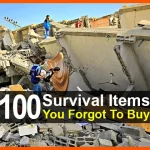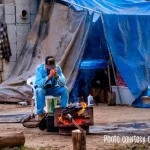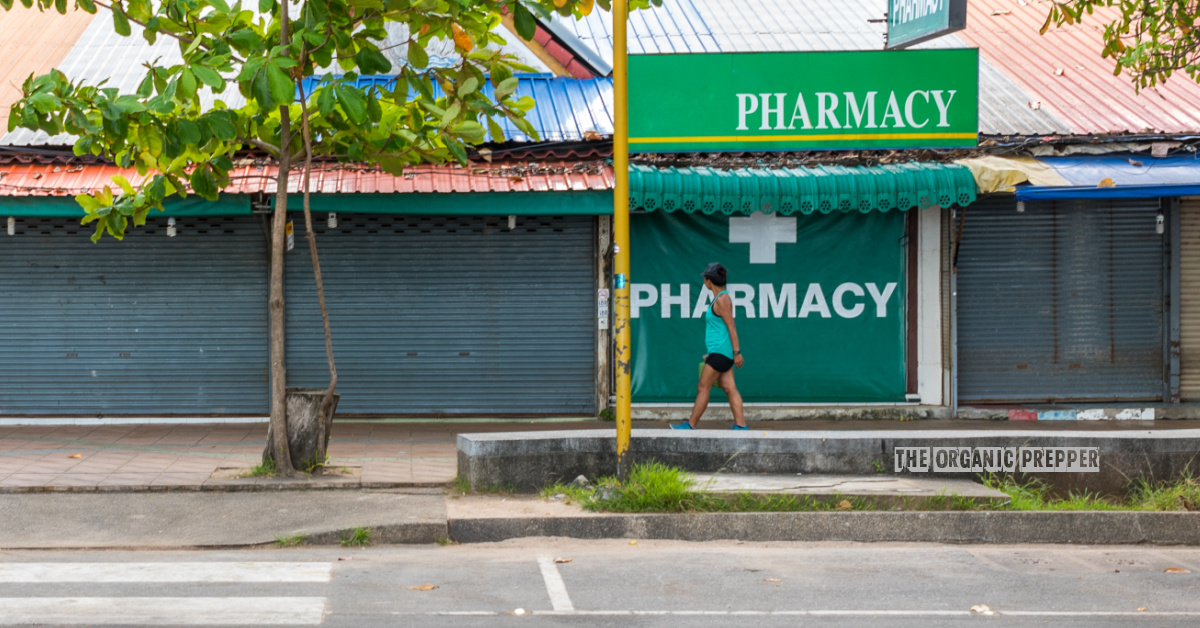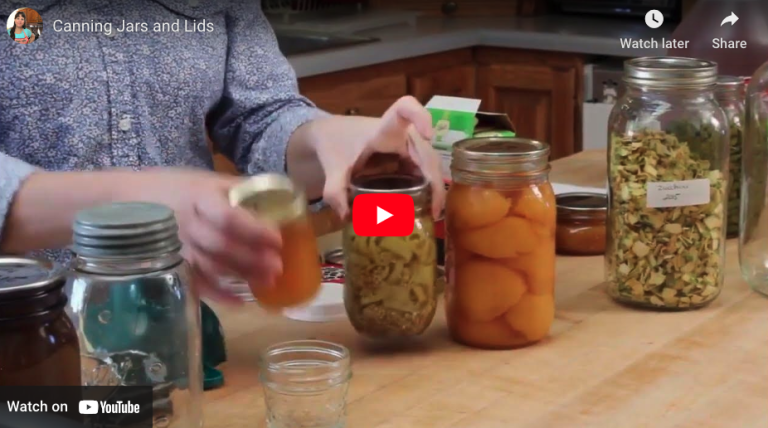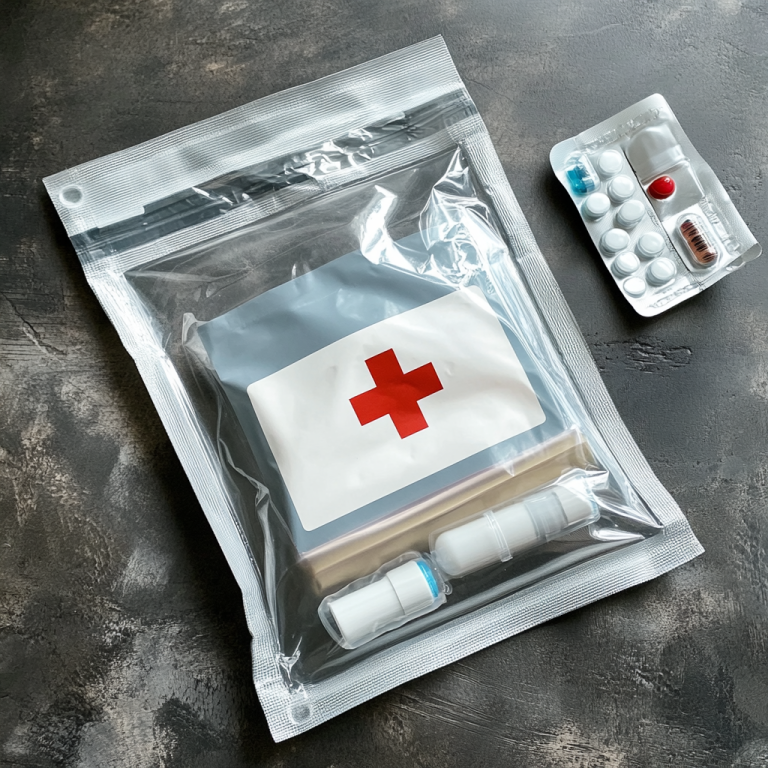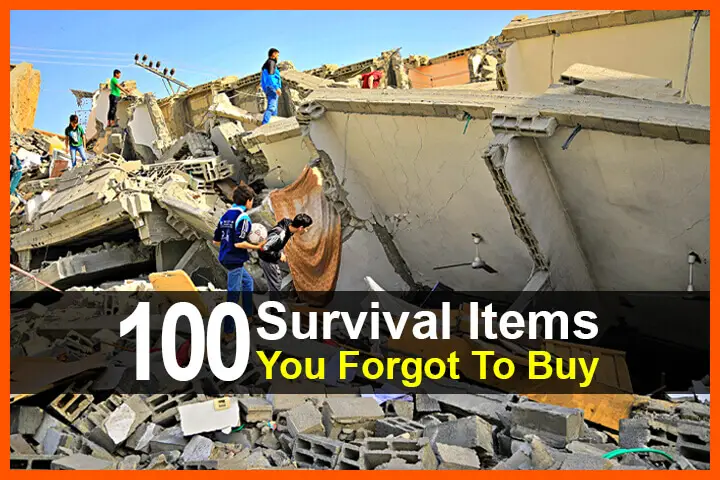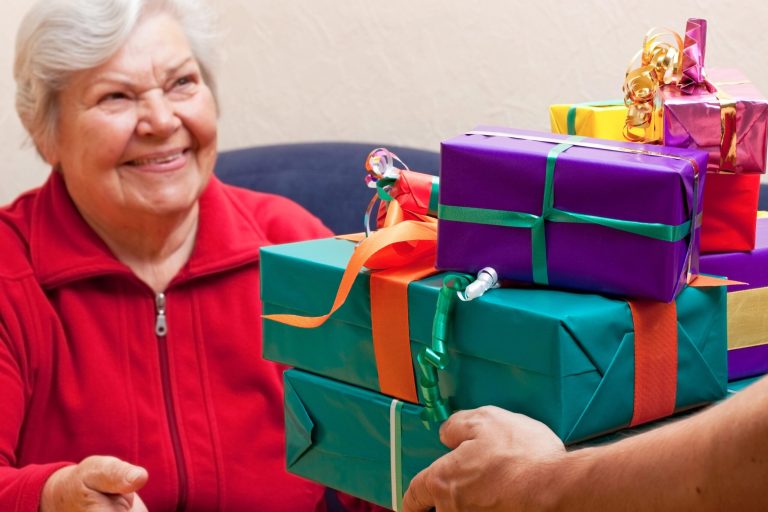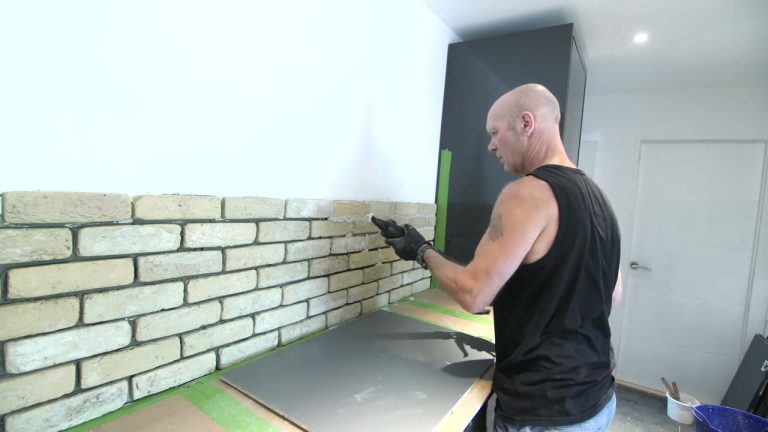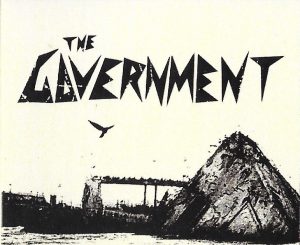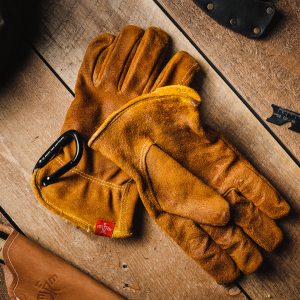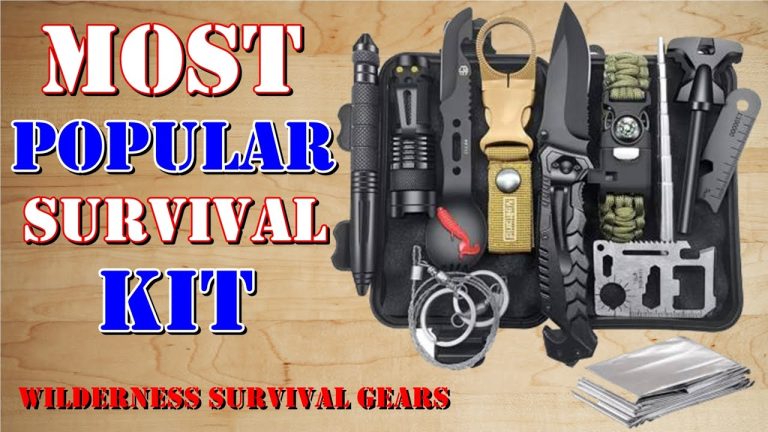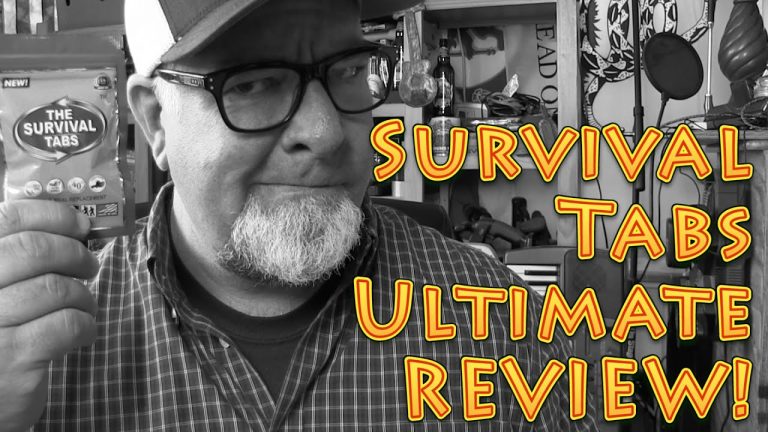(Psst: The FTC wants me to remind you that this website contains affiliate links. That means if you make a purchase from a link you click on, I might receive a small commission. This does not increase the price you’ll pay for that item nor does it decrease the awesomeness of the item. ~ Daisy)
Author of How to Prep When You’re Broke and Bloom Where You’re Planted online course
Who doesn’t love the “Big 3” multibillion-dollar Fortune 500 pharmacies: Walgreens, CVS, and Rite Aid? Well, actually, a lot of people. For years, they’ve brought us convenience and become our neighborhood pharmacies, but as they invaded towns across the United States, they pushed Main Street independent mom-and-pop drug stores out of business.
Now, after their great takeover, they may not be as reliable as they’d like us to think.
Neighborhood pharmacies across the United States are at a breaking point.
Profit targets, cost cutting, and inflation have led to the “Big 3” shuttering of more than 1,500 pharmacies across the United States. Rite Aid has filed for bankruptcy. (I haven’t yet found a list but will share it when I do.) The past two years have been brutal for this industry, which seemed to be in its heyday back in 2020, with vaccines, sick-care products, and at-home tests.
Supply chain shortages, theft, and financial penalties for Big Pharma’s role in the opioid crisis continue to force the closure of at least one pharmacy in the United States per day.
A new reality is here to stay: over 40% of counties in the United States now live in a complete “pharmacy desert” – meaning that every resident needs to drive at least 15 minutes to get to the closest pharmacy. But what about people who don’t have reliable transportation? Is a sick person supposed to get on the city bus and take public transportation, potentially infecting their fellow passengers, just to get the medications they need to treat their illness? And what about those in rural areas? Some folks face as much as a two-hour drive to get necessary medications. If their closest pharmacy closes, that drive could become even longer.
And who is it again that needs medications?
Oh. Yeah. Sick people. Folks who have no business getting behind the wheel and driving half a day round trip.
Although the focus of this article is pharmacies, it’s also important to note that over 80% of counties in the US now lack adequate healthcare infrastructure. If you need medical help quickly, you’d better hope you’re in the 20% of American counties where you can access it.
And then there was the walkout.
Just last month, at least 4500 pharmacists and pharmacy techs across the country walked out in protest of “deteriorating working conditions.” What kind of conditions had them leaving sick people without a way to get their medications?
Chain pharmacies like CVS and Walgreens have consistently slashed staffing levels while saddling their front-line workers with a burgeoning list of additional duties. The situation was bad before the coronavirus pandemic; COVID-19 made it worse. It has only gone downhill since then, a USA TODAY investigation found last month.
Stores that a decade ago might have had two pharmacists and six pharmacy technicians filling an average of 500 prescriptions a day now may have half the staff and an even higher prescription volume – plus an endless crush of vaccine appointments, rapid tests and patient consultation calls, the investigation found.
In addition, every task is timed and measured against corporate goals that reward speed and profits. Staff who do not fill prescriptions fast enough, answer the phones quickly enough or drum up enough vaccination business can face discipline, reassignment or termination.
The pressure, pharmacists told USA TODAY, has led to increased medication errors that can endanger patients.
Imagine you’re in the situation described above – in a “pharmacy desert.” You’ve driven or taken public transit for 20 minutes or more, and all you want to do is fill the prescription you got at the walk-in clinic and get antibiotics for the strep bacteria raging in your throat.
You get there, and the pharmacy staff is out front holding a sign. You can’t get your meds.
It’s a dangerous way to live.
Everyone agrees on two things:
- The next medical crisis is just around the corner.
- You can’t count on the healthcare system to keep you well.
Whether it comes in the form of a bioweapon or something more mundane like an ear infection – you and your family need to be prepared. You may not be able to rely on neighborhood pharmacies.
Dr. Jim Thorp, one of the nation’s leading critics of the corrupting influence of Big Pharma, believes that now – more than ever – people should be prepared for the next pandemic:
“I’ve strongly recommended “stockpiling” critical medications, including antibiotics, since the turn of the century. This has been an incredible investment as many friends, family and patients have benefited. Now, in winter of 2023, this recommendation is even more crucial.”
But you can’t just order antibiotics, antifungals, and ivermectin on Amazon.
So how can you get prepped for the Pharmageddon?
I recommend this medical emergency kit with an assortment of life-saving medications – including ivermectin, amoxicillin, and a Z-pak. It even comes with a guidebook to aid in the safe use of these life-saving medications, so you have on hand what you need for anything from anthrax to tick bites to COVID – or even to a bioweapon like the plague.
This kit is prescription-only – you can’t find it in any store or pharmacy. Simply fill out a short questionnaire after purchase, and a trusted Wellness Company doctor will confirm your suitability and issue your prescription Medical Emergency Kit. (You can find a review of my own experience here.)
I recently used my own medical kit. Now, please understand I don’t recommend self-treating – that would be irresponsible. Taking antibiotics when you don’t need them can reduce the effect of them on you when you do need them. This story is purely anecdotal and should not be construed as medical advice.
As I’ve written before, I recently had a severe ankle injury and, under doctor’s orders, was completely off my feet for months. When I woke up with a sore throat and a fever that kept going up through the day, despite all the zinc lozenges I continuously chomped, I was pretty sure I had strep throat.
Getting to the doctor was going to be a nightmare with the giant boot on my foot (and no vehicle currently), so I went to my hall closet and self-administered one of these strep tests. (It’s very important to confirm an infection, as you don’t want to develop a resistance to antibiotics.) It was no surprise when it came back positive. Then, all I had to do was pop open the guidebook that came with my Wellness Company Medical Emergency Kit and select the antibiotic that was most suitable. Within a couple of days I was feeling much better, and by the time I’d taken the entire course of antibiotics recommended, I was totally fine.
But it isn’t just about convenience. It’s potentially about life and death. If you live too far away from a pharmacy, or if your local pharmacist has chosen the day you’re sick to walk out, what are you supposed to do? Wait for your illness to worsen? Just throw your hands up in the air and die?
It’s vital not to be caught unprepared. Don’t be reliant on the broken and corrupt medical-industrial complex. If you or someone in your family gets sick and requires medication that you can’t get, you’ll regret not having taken the steps to prepare. Order a Medical Emergency Kit from The Wellness Company for peace of mind. (Use the code ORGANICPREPPER for 10% off)
Oh – and for all the readers who are upset about antibiotics and claim they’d never take them and they’ll guzzle essential oils and herbal teas instead, that’s fine. Leave the greatest miracle of medical progress for the rest of us. We live in a wondrous time with many choices. I really don’t relish going back to a time when a splinter or sore throat could end up killing someone due to a rampant infection.
Obviously, there could come a day when herbal remedies are all we have left. It’s incredibly important to know what they are and how to use them. But having suffered a few serious infections in my life – including MRSA, an antibiotic-resistant kidney infection, and a black widow spider bite that quickly turned into cellulitis – bring on the pharmaceuticals when I need them.
What is the situation with neighborhood pharmacies near you?
Do you have the “Big 3” chain neighborhood pharmacies in your community? Are the Mom and Pop pharmacies still around? How far do you have to go to get prescriptions? Have you ever had difficulty getting essential medications? Have you seen any changes in the availability of meds lately?
Let’s discuss it in the comments section.
About Daisy
Daisy Luther is a coffee-swigging, adventure-seeking, globe-trotting blogger. She is the founder and publisher of three websites. 1) The Organic Prepper, which is about current events, preparedness, self-reliance, and the pursuit of liberty; 2) The Frugalite, a website with thrifty tips and solutions to help people get a handle on their personal finances without feeling deprived; and 3) PreppersDailyNews.com, an aggregate site where you can find links to all the most important news for those who wish to be prepared. Her work is widely republished across alternative media and she has appeared in many interviews.
Daisy is the best-selling author of 5 traditionally published books, 12 self-published books, and runs a small digital publishing company with PDF guides, printables, and courses at SelfRelianceand Survival.com You can find her on Facebook, Pinterest, Gab, MeWe, Parler, Instagram, and Twitter.
